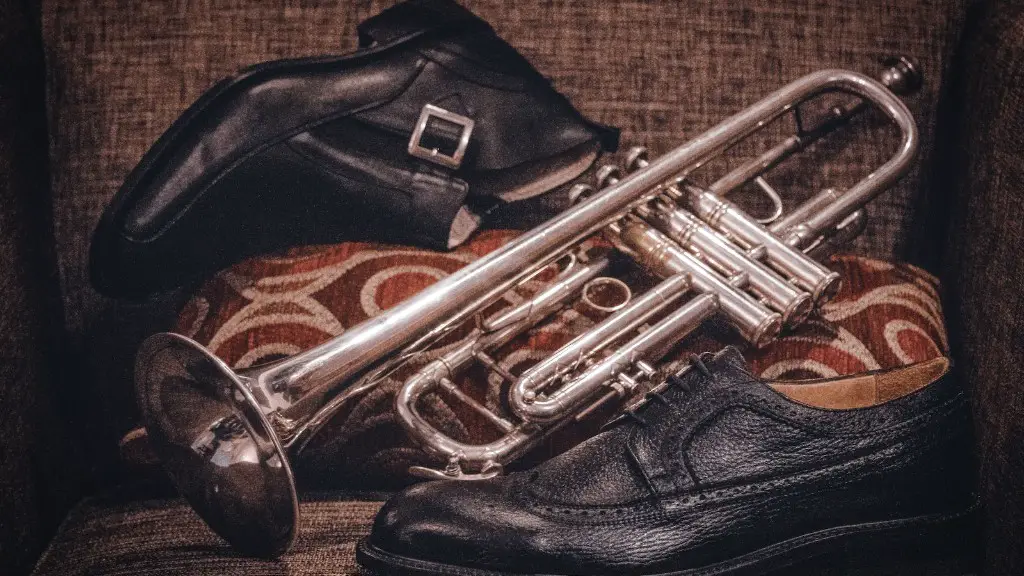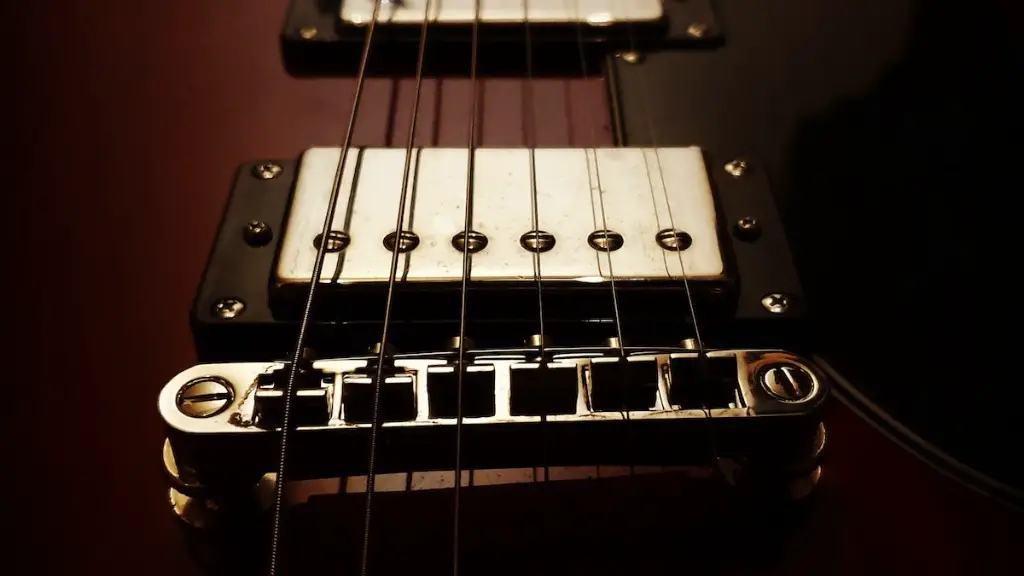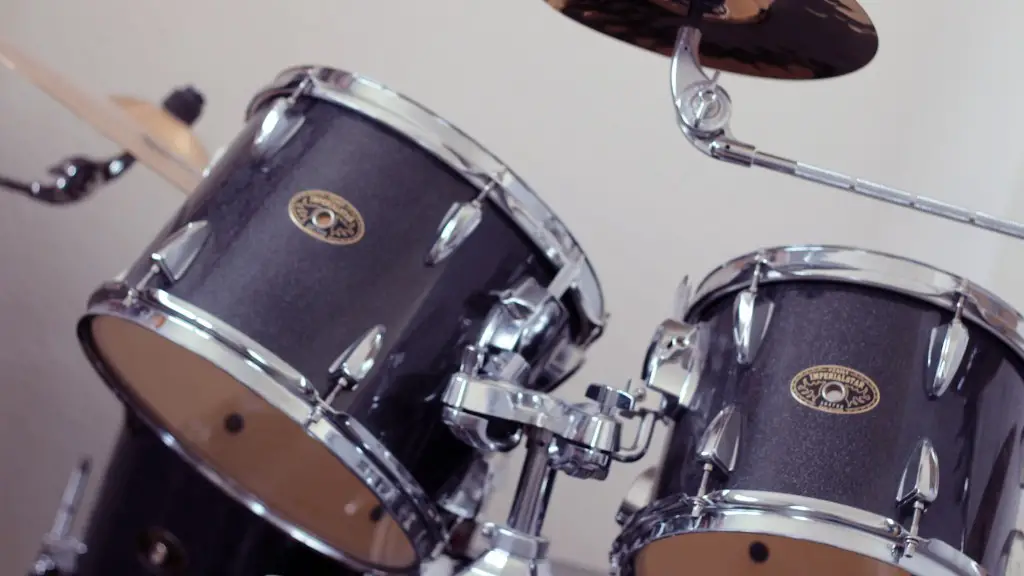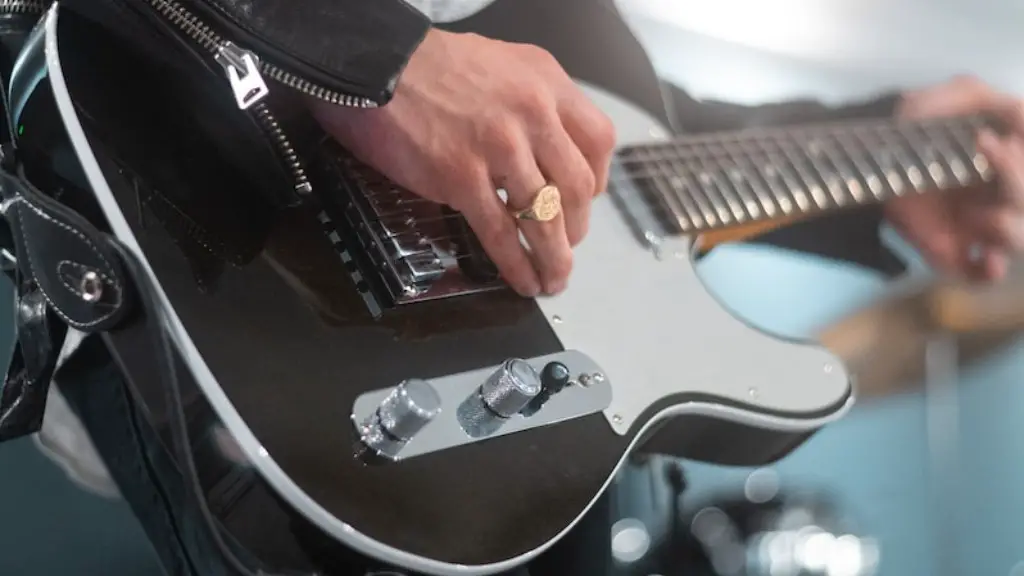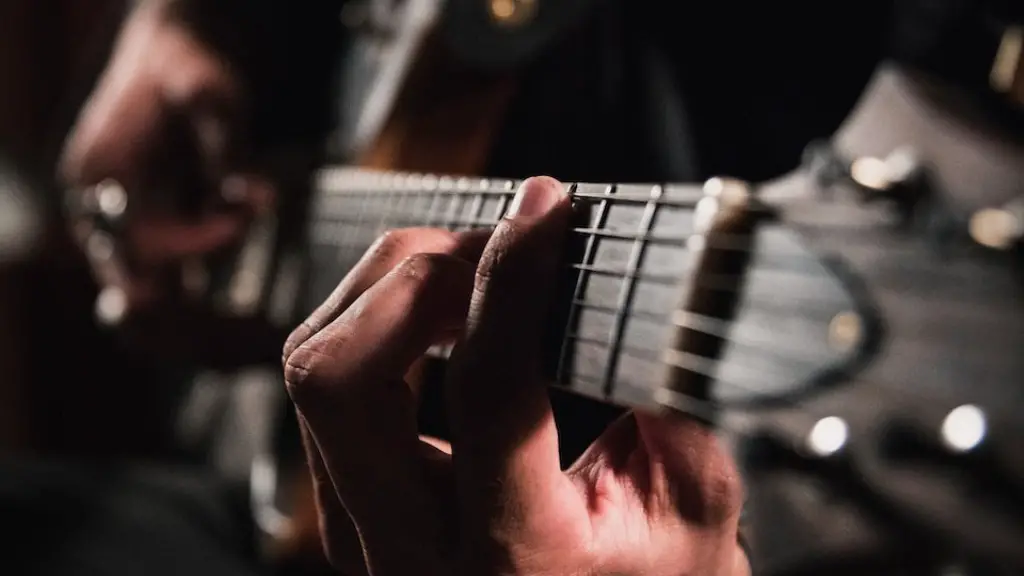Playing the trumpet can be a great way to express yourself creatively and enjoy music. It is also a wonderful skill to learn and develop, as it can open up many opportunities for you. Whether you are an experienced trumpeter or just starting out, getting back into playing trumpet can be a rewarding experience.
The first step to getting back into playing trumpet is finding the right instrument. You may want to look for an inexpensive used trumpet if you are on a budget or are just starting out. It’s important to invest in quality materials so that you have the best sound possible when playing your trumpet.
Once you have your instrument, it’s time to practice. Start by warming up your embouchure (the muscles around your mouth) and then work on some scales to get used to fingering again. You could also try some simple songs that you remember from before. Be sure to practice regularly – even just 10 minutes a day will make a big difference in improving your skills over time.
Finally, make sure that you find the right teacher or mentor who can give you advice and help guide your progress. A knowledgeable teacher will be able to help you develop better technique and provide feedback so that you can make progress in becoming a better trumpeter.
Start by taking some lessons to refresh your knowledge and techniques. Practice regularly to keep up your skills, and then look for opportunities to join a band or orchestra.
Find a Teacher or Mentor
If you’re looking to get back into playing the trumpet, finding a teacher or mentor can be a great way to start. An experienced teacher can help you build your skills, develop proper technique, and stay motivated. They can also provide advice on how to practice and set achievable goals.
When searching for a teacher or mentor, you’ll want to look for someone with experience in both teaching and performing the trumpet. It’s also important to find someone who is willing to take the time to understand your individual needs and goals. You should be able to ask questions and get feedback that is tailored specifically for you.
Finding an experienced teacher or mentor is key if you want to improve your trumpet playing. Don’t be afraid to contact local schools of music, community centers, and private teachers in your area for more information about available resources. With the right guidance, you can begin your journey back into playing the trumpet with confidence!
Making sure that you have access to quality instruction is essential when it comes to developing your musical skills.
Purchase the Necessary Equipment
If you want to get back into playing trumpet, you’ll need to purchase the necessary equipment. This includes a good quality trumpet and a mouthpiece, as well as any other accessories that may be necessary such as a mute, valve oil, and cleaning supplies. You should also consider purchasing an instructional book or taking lessons from a qualified teacher in order to ensure that you are playing correctly and with good technique. Taking lessons can also help to increase your musical knowledge and build your confidence when playing the trumpet. Practicing regularly is key for success when learning an instrument.
For those who are on a tight budget, you may want to consider shopping around for used instruments or accessories. Doing so can help save money while still allowing you to purchase quality equipment and supplies. There are also online stores that offer discounts on instruments and accessories which can help keep costs down. No matter what option you choose, it is important to make sure that the instrument is of good quality so that it will last for many years of practice and performance.
Warm Up Your Embouchure and Mouth Muscles
Before playing the trumpet, it is important to warm up your embouchure and mouth muscles. This ensures that you are ready to play with the proper technique, and also helps to prevent injury. Start by lightly pursing your lips and holding that position for a few seconds. Then, slowly transition into a stronger pursing of your lips while at the same time gently pressing out with your cheeks. Hold this position for another few seconds before releasing.
Next, practice lip trills by alternating between pursed lips and relaxed lips in quick succession. Do this several times, gradually increasing the speed of your trills. It can help to hum or sing as you do this exercise to further encourage proper technique. Finally, practice buzzing on the mouthpiece by using your tongue to start and stop the sound as if playing a single note. This will help strengthen your embouchure muscles and get you ready for playing on the trumpet.
Remember to take frequent breaks throughout these exercises in order to avoid fatigue or overuse of your mouth muscles. With regular practice, you can improve the strength of your embouchure and ensure that you are prepared for any musical challenge!
Familiarize Yourself with Trumpet Techniques
Getting back into playing the trumpet can be a daunting task. It is important to start by familiarizing yourself with the fundamentals of trumpet playing. This includes understanding how to properly hold the trumpet, the correct posture while playing, proper breathing techniques, and developing a good tonguing technique. Additionally, it is important to develop an understanding of basic music theory and practice scales in all keys. Developing a solid foundation of fundamental techniques will ensure that you are able to play your trumpet confidently and accurately.
Once you have familiarized yourself with the basics of trumpet playing, it is time to start learning songs and pieces. Start by learning simple melodies in all keys and then move on to more complex pieces. As you learn each piece, take time to focus on your technique and practice slowly so that you can become more proficient in each key. Also, try not to get frustrated if things don’t sound perfect right away; this takes time and practice.
It is also important to find ways to stay motivated while practicing trumpet. One way is by setting small goals for yourself each week or month that will help you stay focused on improving your skills as a trumpeter. Additionally, listening to recordings of other great trumpeters can help inspire you and provide insight into different approaches that might be useful in your own development as a musician.
Finally, remember that becoming an accomplished trumpeter takes patience and dedication. If you stick with it and practice regularly, you will eventually begin feeling more comfortable with your trumpet playing skills. The journey may be long but the reward of becoming an accomplished trumpeter will be worth it in the end!
Relearn Basic Music Theory
Learning how to play the trumpet can be a challenging but rewarding experience. For those who have been out of practice for a while, it can be difficult to get back into the swing of things. Relearning basic music theory is one of the best ways to get back into playing trumpet. This includes understanding the fundamentals of rhythm, melody, harmony, and dynamics. It is also important to understand the basics of scales, chords, and intervals in order to create music that is pleasing to the ear.
Developing a foundation in music theory will also help you gain a better understanding of improvisation techniques. Improvising with scales and arpeggios will help you become more creative with your playing and make it easier to play songs in different styles. A great way to practice improvisation is by playing along with recorded tracks or backing tracks. This will help you become accustomed to playing along with other musicians and add life and energy to your solos.
It is also important to develop good practice habits when relearning basic music theory for trumpet playing. Setting aside time each day for practice will help you stay focused on your goals and improve your technique quickly. Working through scales, arpeggios, melodies, and improvisations consistently will ensure that you are making steady progress towards becoming an accomplished trumpet player.
Relearn Scales and Arpeggios on the Trumpet
Learning to play the trumpet can be a rewarding experience, but it can also be a bit intimidating. If you’ve been away from playing for a while, it may seem daunting to get back into it. Fortunately, re-learning scales and arpeggios is a great place to start. Doing so will help you develop your technique, finger dexterity, and tone quality on the trumpet.
Start by focusing on one scale or arpeggio at a time. Memorize the notes of each scale/arpeggio and practice playing them slowly and accurately. As you become comfortable with one scale or arpeggio, move onto another. Gradually increase your speed as you become more familiar with them.
A great way to practice your scales and arpeggios is by using an accompaniment track or metronome. This will provide a steady rhythm for you to play along with, helping you stay in time and maintain good tempo as you play. Additionally, try playing your scales/arpeggios in various keys to help build up your range as well as your sight-reading abilities.
When it comes time to perform, make sure that you are confident in your scales and arpeggios before tackling more difficult pieces of music. Practicing them regularly will help ensure that they become second nature to you when performing live. With enough persistence and dedication, soon enough you’ll be back up to speed with the trumpet!
To Sum It All Up
Getting back into playing the trumpet can be a challenging process, but you can make it easier by breaking down the process of relearning into smaller steps. Start by building a practice routine, and then review all of the fundamentals of playing the trumpet. Make sure that you are playing with correct posture, and use a metronome for an extra challenge. Finally, find ways to keep yourself motivated, such as listening to recordings of professional trumpet players or joining an online community. With dedication and perseverance you can easily get back into playing the trumpet.
